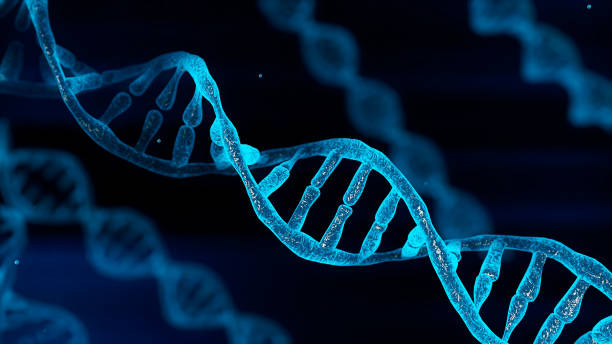
I think the biggest things to take into account when considering the ethics of Gene Editing is the dangers posed to people who are having their genes edited, whether it is affordable to the average person, or just the wealthy, and if it could have a negative impact on society as a whole.
Risks of Gene Editing
A person who has their genes edited runs the risk of those genes possibly mutating, and having their cells, or their growth changed in a way that could negatively impact them. It could lead to possible mental, or physical disabilities that wouldn’t have happened if the genetics had been edited. Even if the genes of someone who would have had a high-risk of being disabled in some way are changed, it could lead to them being disabled in other ways, if something goes wrong in the genetic alteration process. Not only that, it runs the risk of leading to a mutation of cells based on how the DNA is changed, which could lead to something akin to a super-cancer growing inside the person. Mutated cells running rampant caused by genetic editing would essentially be a painful death sentence for the person whose genes were editing, most likely before they ever would have had the ability to consent to it or not.
Consent of the Subject
Speaking of consent, it brings to the table the discussion of gene editing as a matter of consent for a person, based on their beliefs, or views. A more naturalistic person, or a more religious person might see gene editing as “playing god” or changing the nature of a person without their consent. A parent could potentially change the height, hair color, eye color, and maybe even the gender of an individual based on their own desires for what they want their child to look like, without the child ever having a say in the matter. This could lead to resentment between the child and parent, and maybe even a significant amount of self-hate within the person edited, thinking of the person they could have been.
Risk of Classism & Genetic Elitism
Finally, it could bring about a larger rift in class and wealth than already exists, if gene editing is only available to the rich and powerful. A wealthy person could genetically alter their child to be naturally more gifted, or physically able-bodied than a person of a lower wealth class. This in turn might lead to a class-ism based on genetic make-up, with only the wealthy, and elite being able to edit, and perfect their own genetic make-up. There’s this film from the late 1990’s I believe called Gattaca, where this very thing takes place. A society split between the genetically superior, and inferior, where the genetically altered people hold positions of power and prestige, while the genetically inferior, whether by choice or lack of wealth, are forced into positions of hard labor, and/or lower status.
Conclusion
Personally, I think Gene Editing can potentially be a good thing, with some limitations. Hold off on introducing it to the general public until it has been more refined, and the possible errors associated with it have been ironed out. Even then, limit gene editing to people, and animals who would have a higher chance of mental, physical, or health based disabilities. This would lessen the impact, and use of it, limiting the damage it could potentially cause.